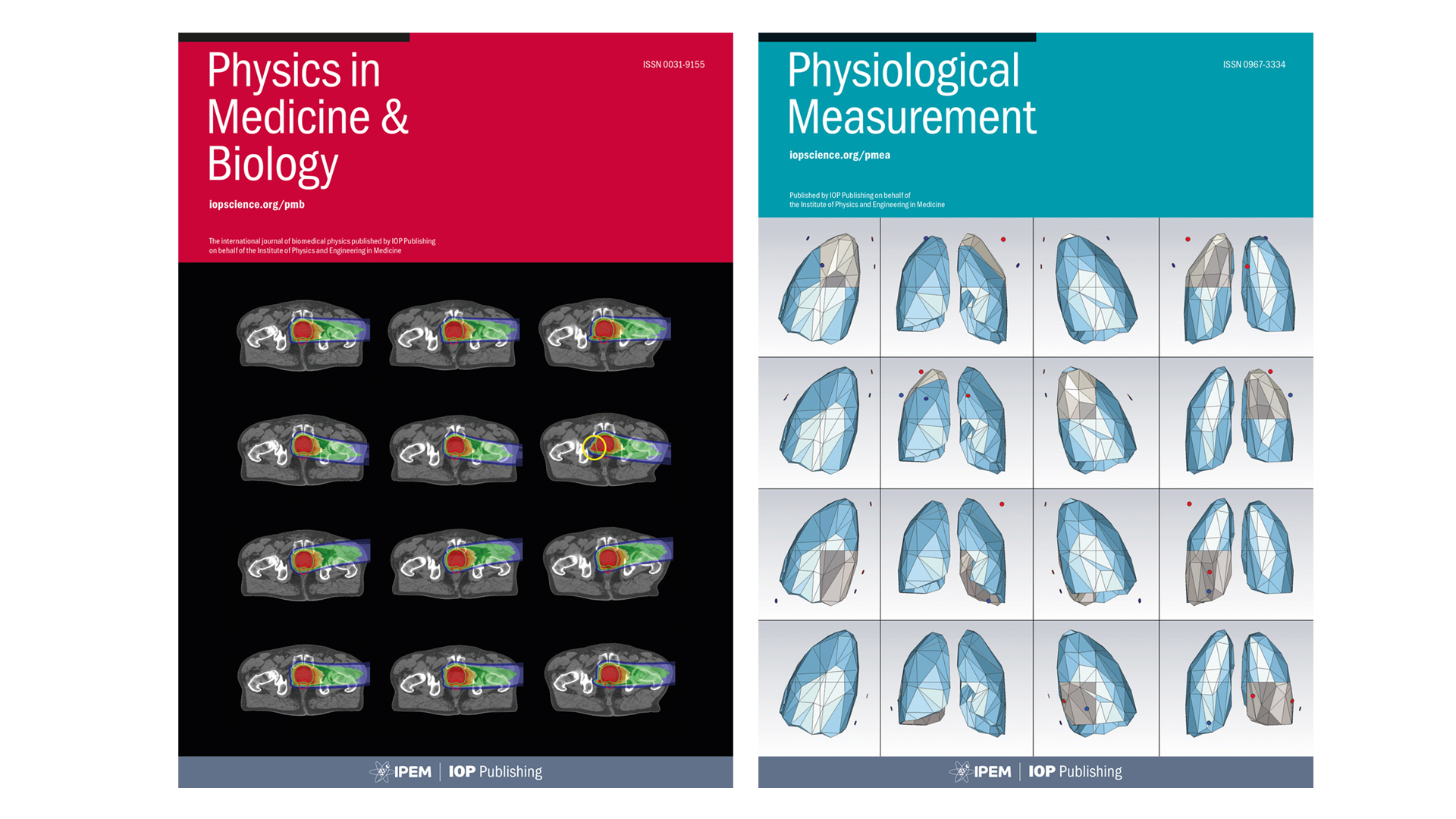
The Institute of Physics and Engineering in Medicine has announced the winners of awards for the best papers in two of its international journals.
A paper to better understand the longitudinal characteristics of Parkinson's disease won the Martin Black Prize for 2019, which is awarded for the best paper published in Physiological Measurement.
Meanwhile, a paper on a study to test the feasibility of simultaneous irradiation and imaging won the Roberts' Prize for 2019, which is awarded for the best paper published in Physics in Medicine and Biology.
The Physiological Measurement winner was 'Big data in Parkinson's disease: using smartphones to remotely detect longitudinal disease phenotypes' by Dr John Prince and Professor Maarten de Vos of the Department of Engineering Science, Institute of Biomedical Engineering, University of Oxford, and Dr Siddharth Arora, of Somerville College, University of Oxford.
Its objective was to better understand the longitudinal characteristics of Parkinson's disease through the analysis of finger tapping and memory tests collected remotely using smartphones.
Dr Prince said: "With such a huge number of papers being submitted to Physiological Measurement each year it came as a massive surprise to have my paper voted as the best by the editorial team.
"The application of machine learning in the neuroscience sphere has boomed over the last decade or so, and it seems that with every new answer comes 10 new questions. The intention of my paper was to clarify some of the ambiguity surrounding objective measurement of neurodegenerative diseases, namely Parkinson's Disease.
"The biggest challenge shared by all AI systems in healthcare is how well algorithms perform outside of a clinical environment when being used 'in-the-wild' by consumers. My paper showed how by just using an iPhone regularly in day-to-day life, it's possible to detect neurodegeneration while also highlighting the current shortcomings in the current clinical measurement techniques. The suite of algorithms presented in the paper and the subsequent publications are scalable to large amounts of longitudinal data and are memory efficient, meaning they can easily run on most wearable devices and give real-time feedback to either the consumer or a clinician.
"Much like how a Fitbit monitors heart-rate and alerts the user of changes, the presented algorithm can be used to perform the same task but for the monitoring of neurodegeneration.
"I think the same goal is common across both academia and industry and is independent of application - be it neuroscience, cardiology, drug delivery, or genomics - and that is to create affordable and robust algorithms that can be put into the hands of users across the globe to not only improve but also widen access to healthcare."
Dr Prince has been invited to present the paper at IPEM's annual Medical Physics and Engineering Conference (MPEC) in Bristol in September, where he will be presented with a certificate and a cash prize of £250.






